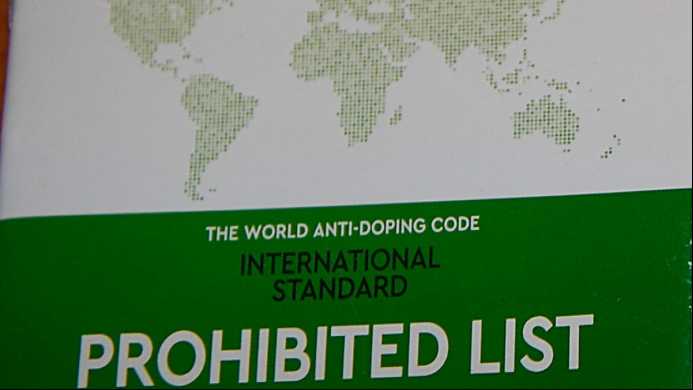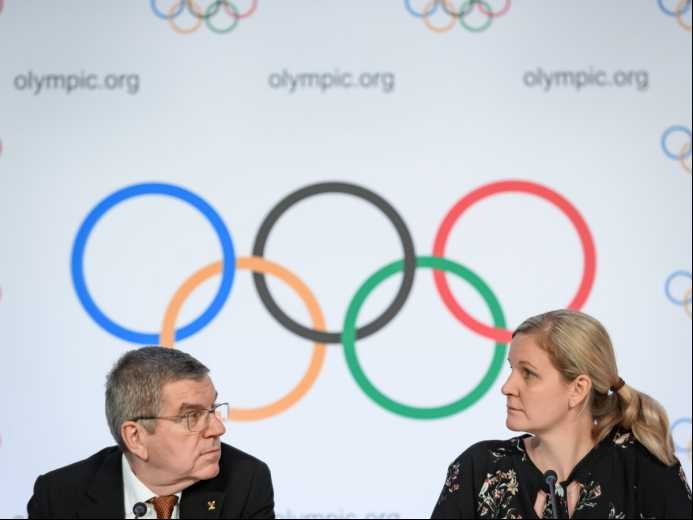Search for information
WADA Unveils Stricter New Policy on Therapeutic Use Exemptions (TUEs)WADA Unveils Stricter New Policy on Therapeutic Use Exemptions (TUEs)
April 15, 2025, 2:48 pm EDT
WADA Unveils Stricter New Policy on Therapeutic Use Exemptions (TUEs)
This week, the World Anti-Doping Agency (WADA) has released a more stringent new policy on Therapeutic Use Exemptions (TUEs), aiming to regulate the use of prohibited substances in sports, prevent abuse, and ensure fairness. The policy covers various aspects, including the use of human growth hormone.

Source: Images from the Internet, if there is any infringement, please contact the removal of
The latest TUE guidelines issued by WADA introduce clearer criteria to prevent abuse, strengthen anti-doping supervision, and ensure that TUEs are only approved when there is a legitimate medical need. To ensure the consistent application of TUEs and avoid arbitrary interpretations, WADA has collaborated with international experts to formulate the guidelines, providing a strict technical framework for doctors and testing committees.
Based on the best available scientific evidence, these guidelines are designed to address common issues and offer clear standards for complex cases that require a uniform approach. One of the key issues addressed in the newly released guidelines is the use of human growth hormone (hGH) by short-statured athletes who do not have a growth hormone deficiency.
WADA has worked with a panel consisting of top endocrinologists and a sports medicine expert to determine that only athletes whose height is below 2.25 standard deviations on the growth curve will be approved for a TUE. In addition, the treatment can only continue until the athlete reaches the 5th percentile of adult height. Once this height is reached, the treatment will no longer be considered medically necessary and will thus no longer be permitted.
An article in The Journal of Clinical Endocrinology & Metabolism supports this updated guideline, elaborating on the scientific basis and the development process of these standards. These documents are important tools in the field of medical anti-doping, providing structured information to help experts accurately assess TUE applications and ensuring that decisions are fair and evidence-based.
Through this update, WADA reaffirms its commitment to the harmonization of the global anti-doping system and its determination to ensure that medical treatments in sports are only used for genuine medical needs and not as a disguised means to enhance performance.
Related Essays

Merger of ATA and DTA Reshapes the Landscape of Digital Healthcare Services
Merger of ATA and DTA Reshapes the Landscape of Digital Healthcare Servicesmore
April 15, 2025, 2:53 pm EDT
April 11, 2025, 2:51 pm EDT
April 16, 2025, 2:31 pm EDT
April 11, 2025, 3:25 pm EDT

Two Milestone Cooperation Agreements Mark Africa's Leap towards Vaccine Self-production at the Secon
Two Milestone Cooperation Agreements Mark Africa's Leap towards Vaccine Self-production at the Second Vaccine and Health Products Manufacturing Forum in Cairomore
April 15, 2025, 3:33 pm EDT

Kirsty Coventry: A Controversial Bid for the IOC Presidency
Kirsty Coventry: A Controversial Bid for the IOC Presidencymore
April 15, 2025, 2:46 pm EDT
April 15, 2025, 2:25 pm EDT






